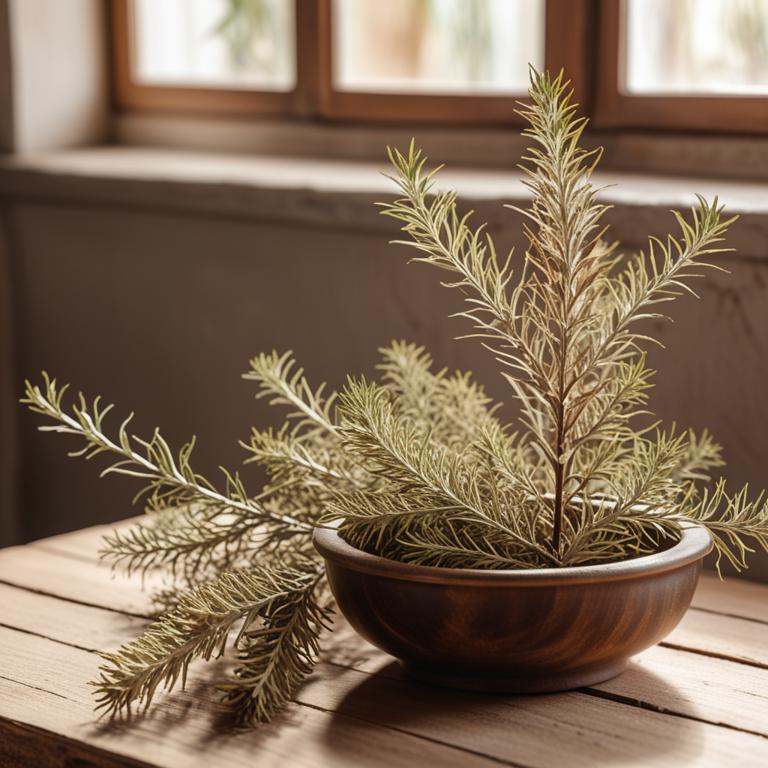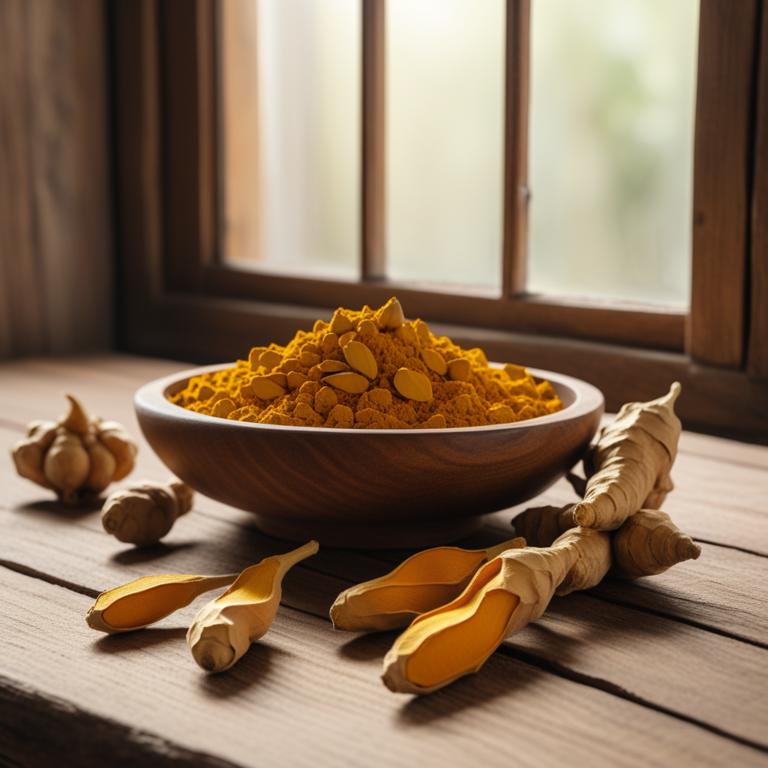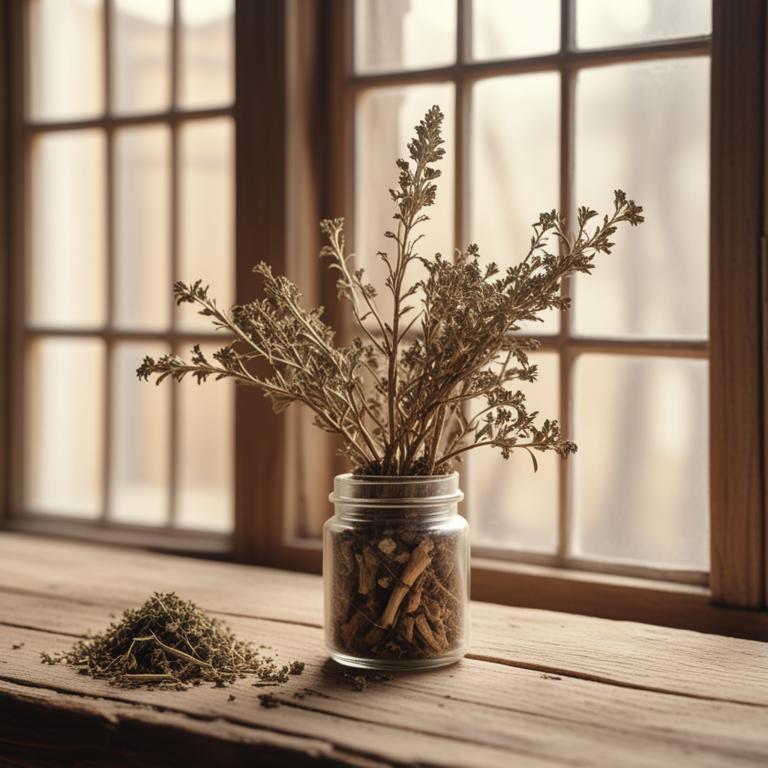Updated: Dec 1, 2024
Pertussis: Causes, Symptoms, and Natural Remedies with Medicinal Herbs
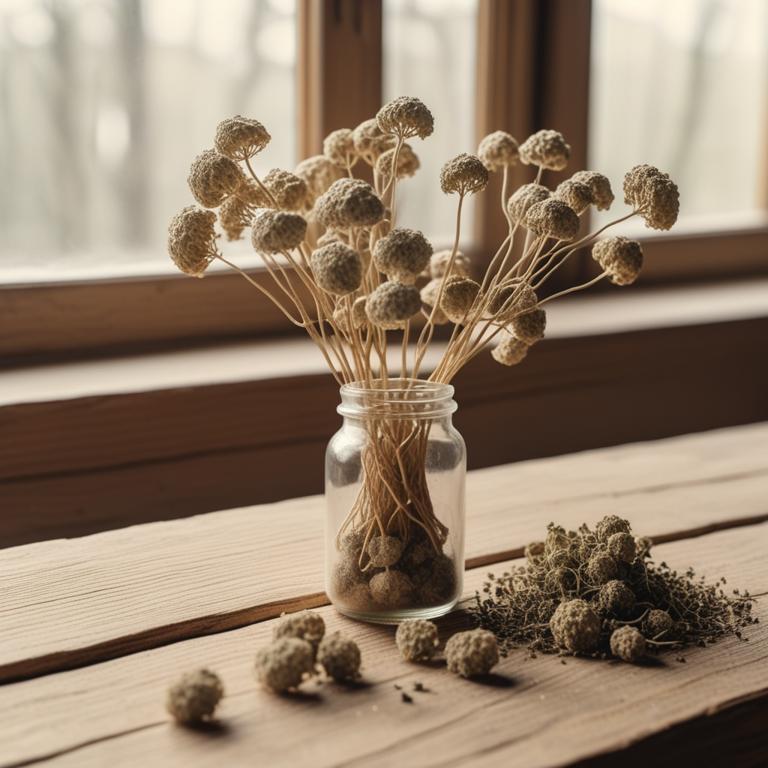
Pertussis, also known as whooping cough, is a highly contagious respiratory infection that can be very serious, especially for young children and older adults.
It's caused by the bacterium Bordetella pertussis, which spreads through the air when an infected person coughs, sneezes, or talks. The symptoms of pertussis can be severe, including a persistent cough that can last for months, difficulty breathing, and vomiting after coughing. When someone has pertussis, it can greatly disrupt their life. They may need to stay home from work or school, and may have trouble sleeping due to the constant coughing. In severe cases, pertussis can even lead to complications like pneumonia or seizures. Some herbs have been used as natural remedies to help alleviate the symptoms of pertussis.
Echinacea, for example, is often used to boost the immune system and fight off infections. Lobelia, also known as Indian tobacco, has been used to calm the nervous system and relieve coughing. Thyme, a common herb used in cooking, has antimicrobial properties that may help combat the Bordetella pertussis bacteria. To use these herbs as remedies, they can be prepared in various forms. Echinacea and thyme can be made into teas by steeping the dried herbs in hot water. Lobelia can be used as a tincture, which is a concentrated liquid extract of the herb.
These preparations can be consumed several times a day to help alleviate the symptoms of pertussis.
Table of Contents
What are the root causes of pertussis?
The main causes of pertussis are a group of bacteria and other microorganisms that can lead to this highly contagious respiratory illness.
Bordetella pertussis is the primary cause of pertussis, responsible for the majority of cases worldwide. This bacterium produces toxins that cause severe coughing fits and can lead to complications in vulnerable populations like young children and older adults. B. parapertussis is another bacterium that can cause pertussis-like symptoms, although it's less severe than B. pertussis. It's not as contagious as B. pertussis but can still spread from person to person. B. holmesii is a rare but potentially serious cause of pertussis.
It's similar to B. pertussis in terms of its symptoms and transmission but is less understood due to its rarity. B. bronchiseptica is a common cause of respiratory infections, especially in animals. However, it can also be transmitted to humans, particularly those with weakened immune systems, and cause pertussis-like symptoms. Mycoplasma pneumoniae is a type of bacteria that can cause pneumonia and other respiratory infections. While it's not typically associated with pertussis, it can contribute to the development of the illness, especially in people with underlying health conditions. Chlamydophila pneumoniae is another bacterium that can cause respiratory infections and may contribute to the development of pertussis.
It's more common in people with weakened immune systems, such as those with chronic illnesses or taking immunosuppressive medications.
What benefits can herbs provide in the treatment of pertussis?
Using herbs for pertussis can be a helpful addition to traditional treatment.
One of the main benefits is that they can help reduce the severity of symptoms, such as coughing and sneezing. These herbs can also help alleviate congestion and inflammation in the respiratory tract, making it easier to breathe. Additionally, they can help boost the immune system, reducing the duration and frequency of coughing fits.
Some herbs have antimicrobial properties, which can help prevent the spread of the infection to others. Furthermore, these natural remedies can be less likely to cause side effects or interact with other medications, making them a safer option for people with certain health conditions. They can also be used in combination with other treatments, such as antibiotics, to enhance their effectiveness.
By incorporating herbs into their treatment plan, people with pertussis may experience faster recovery and improved quality of life.
What are the primary medicinal herbs used to treat pertussis?
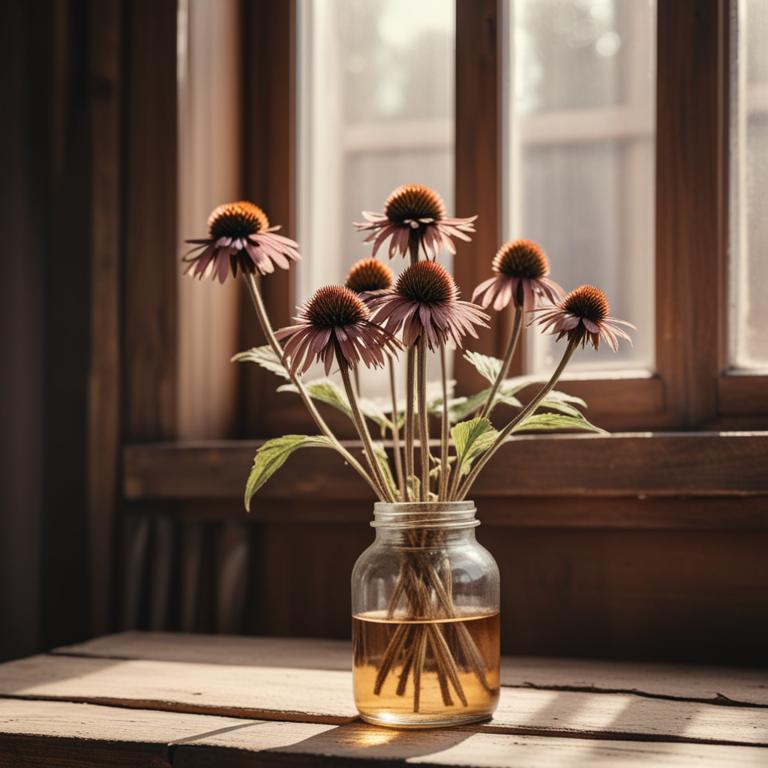
Pertussis, or whooping cough, is a serious respiratory infection that can be challenging to treat.
In addition to conventional medicine, some herbs have been found to help alleviate symptoms and support the body's recovery. Echinacea purpurea, also known as coneflower, is known for its ability to boost the immune system and reduce inflammation. It contains compounds that stimulate the production of white blood cells, which can help fight off the infection. Echinacea angustifolia, another member of the Echinacea family, has similar properties and is often used to treat respiratory issues. Glycyrrhiza glabra, or licorice root, has been used for centuries to soothe irritated mucous membranes and reduce inflammation in the respiratory tract.
Its anti-inflammatory compounds can help ease coughing and congestion, making it easier to breathe. Zingiber officinale, or ginger, has natural anti-inflammatory properties that can also help alleviate nausea and vomiting, common symptoms of pertussis. Eucalyptus globulus, or eucalyptus, has decongestant properties that can help clear mucus from the airways, making it easier to breathe. These herbs can be used in various forms, such as teas, tinctures, or capsules, to support the body's recovery from pertussis. It's essential to note that while these herbs may help alleviate symptoms, they should not be used as a replacement for conventional medical treatment.
Always consult with a healthcare professional before using any herbal remedies, especially if you're already taking medication or have underlying health conditions.
What are the most commonly used herbal remedies for treating pertussis?
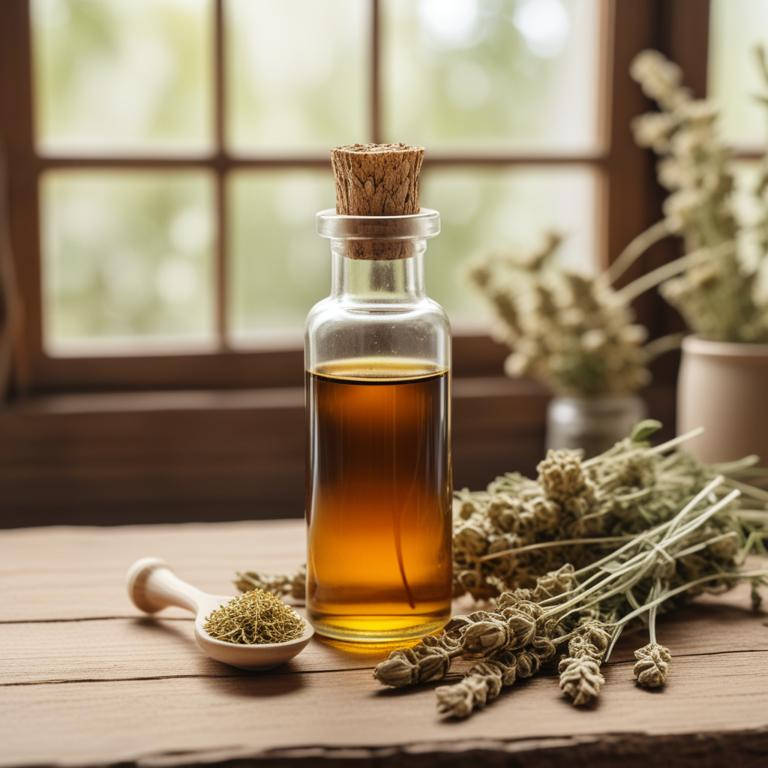
When it comes to treating pertussis, also known as whooping cough, herbal preparations can be a great option.
A decoction is a strong tea made by boiling herbs in water, which can help loosen and clear mucus from the lungs and airways. This can help alleviate the intense coughing fits that are a hallmark of pertussis. An infusion is a milder tea that's made by steeping herbs in hot water. It's often used to soothe the throat and calm the body, which can help reduce the severity of pertussis symptoms. Infusions are also easy to make at home and can be a great way to get the benefits of herbs without the fuss of a decoction. A tincture is a concentrated liquid extract of herbs that can be taken sublingually (under the tongue) or added to water. Tinctures are often used to treat respiratory issues like pertussis because they contain powerful active compounds that can help reduce inflammation and calm the body.
They're also very portable, making them a great option for people who are always on the go. Herbal capsules are another way to get the benefits of herbs for pertussis. They contain dried and powdered herbs that are encapsulated in a gelatin or vegetable-based capsule. This makes it easy to take herbs on-the-go and ensures that you get a consistent dose of the active compounds. Capsules are also a great option for people who don't like the taste of herbs or who have trouble swallowing liquids. Finally, a salve is a topical cream or ointment that's applied directly to the skin. Salves can be used to soothe the skin and mucous membranes, which can help reduce the severity of pertussis symptoms.
They're often used in conjunction with other herbal preparations to provide a comprehensive treatment plan.
Additional Resources:
What herbs should be avoided during a pertussis infection?
If you have pertussis, also known as whooping cough, it's a good idea to be careful with certain herbs.
Rosmarinus officinalis, or rosemary, and Salvia officinalis, or sage, can both stimulate the nervous system, which may make your cough worse. Thymus vulgaris, or common thyme, and Thymus serpyllum, or wild thyme, are both members of the thyme family, and they also have stimulating properties that may not be good for someone with pertussis. Mentha x piperita, or peppermint, can be a problem too, because it can irritate the throat and make you cough even more.
When you're feeling unwell, it's best to stick to herbs that are soothing and calming, rather than those that might make your symptoms worse.
FAQ
Are there any specific herbs that can prevent pertussis?
Some herbs like thyme and oregano have antimicrobial properties that may help prevent pertussis, also known as whooping cough.
They contain compounds that can fight off the bacteria that cause the illness.
These herbs can be consumed in the form of tea, supplements, or added to food.
Is it safe to use herbal remedies for pertussis during pregnancy?
Using herbal remedies for pertussis during pregnancy is not recommended.
Some herbs can cause issues like bleeding or premature labor. If you're pregnant and have pertussis, talk to your healthcare provider about safe treatment options.
They can help you make a decision that's best for you and your baby.
Are there any herbs that can reduce the frequency of pertussis?
Some research suggests that certain herbs, such as echinacea and licorice root, may help boost the immune system and potentially reduce the frequency or severity of pertussis.
Echinacea is thought to stimulate the body's natural defenses, while licorice root may help soothe and calm the respiratory system.
More studies are needed to confirm their effectiveness.
Related Articles
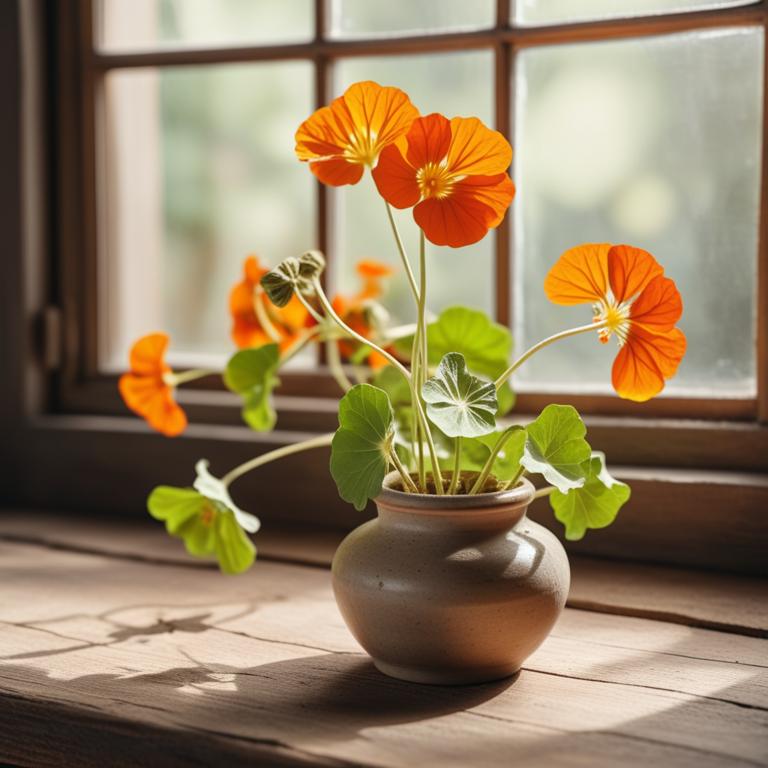
Hay Fever: Causes, Herbal Preparations, and Medicinal Herbs for Relief
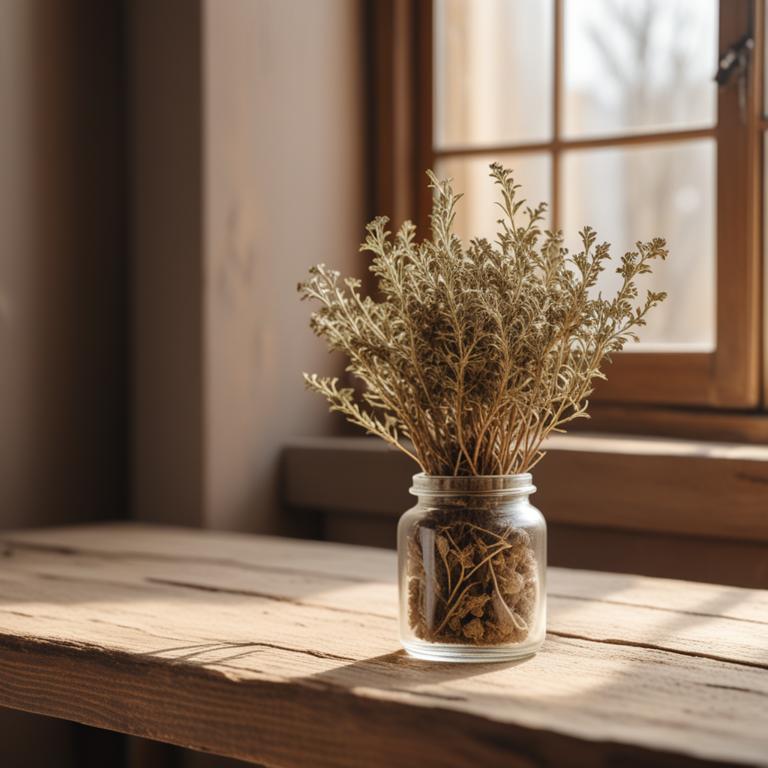
Throat Redness Causes, Remedies with Medicinal Herbs and Herbal Preparations
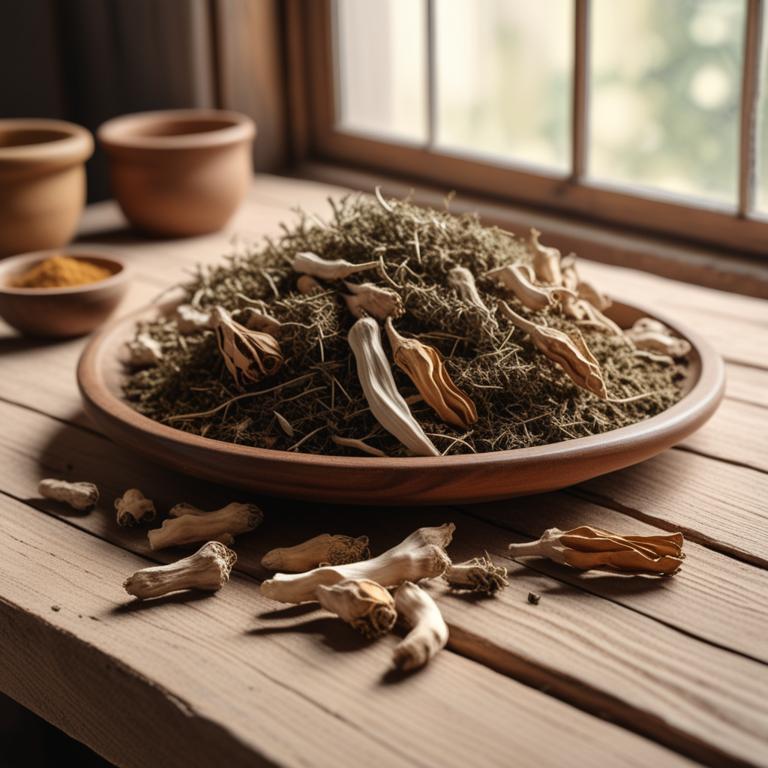
Natural Post Nasal Drip Relief with Medicinal Herbs and Herbal Preparations
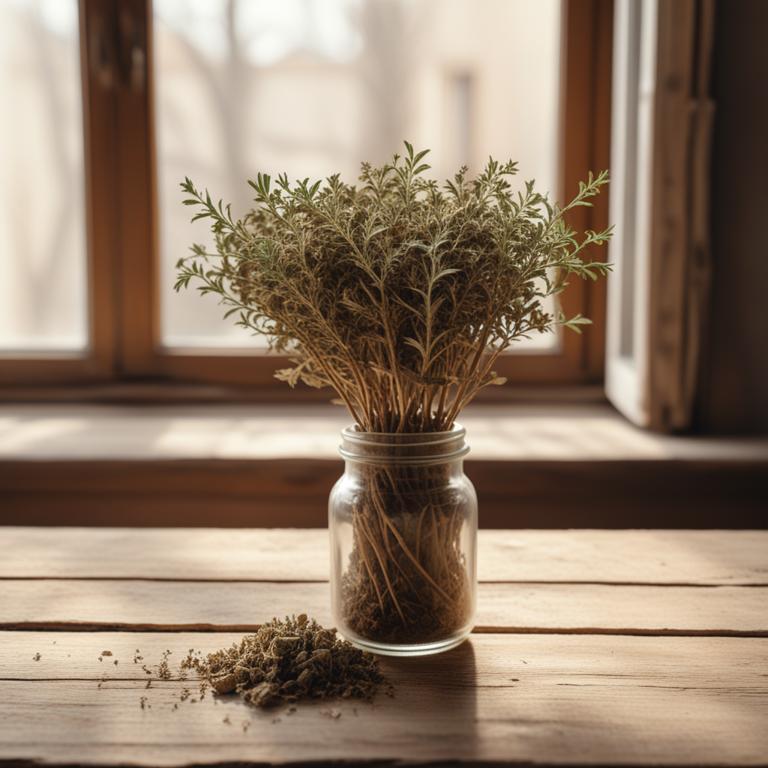
Banish Dry Throat: Exploring Medicinal Herbs and Herbal Preparations for a Soothing Solution
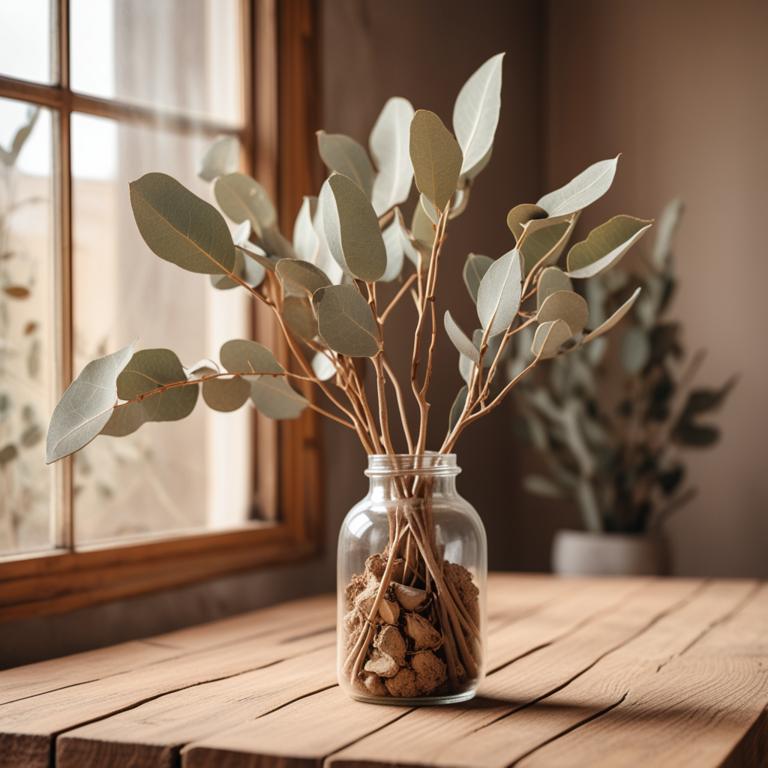
Runny Nose Causes and Herbal Preparations: A Comprehensive Guide




